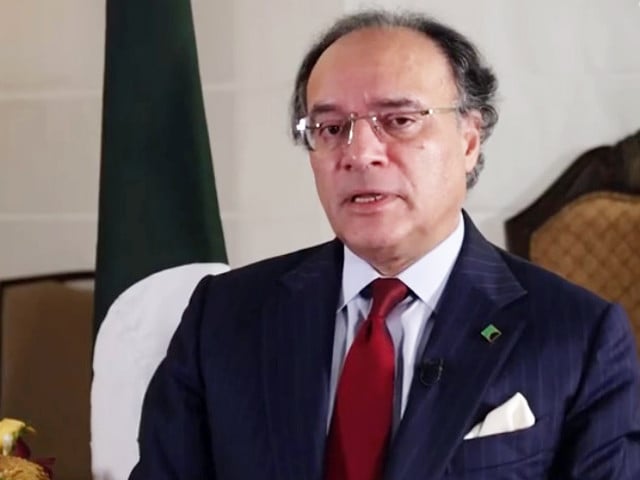Finance minister affirms transparency in IMF deal
He emphasized that, while few countries are willing to offer deposits or roll over existing loans, Pakistan’s key allies, including China and Saudi Arabia, have shown a strong interest in investing within the country. This strategic support from close allies could play a crucial role in bolstering Pakistan’s economic stability.
The finance minister urged the business community to avoid the practice of “speed money” (paying bribes to expedite processes) and emphasized that Pakistan cannot rely solely on donations to sustain its economy. Instead, he encouraged the private sector to take a more active role in driving economic progress, especially since only a limited number of countries are currently willing to provide deposits or extend loans. Pakistan is focusing on attracting investment from friendly nations, particularly China, Saudi Arabia, and the UAE. As Phase II of the China-Pakistan Economic Corridor (CPEC) progresses, the initiative is now shifting from infrastructure development to fostering business-to-business (B2B) partnerships to stimulate trade and industry.
Aurangzeb highlighted positive economic indicators, noting that Pakistan’s currency has shown stability, and foreign exchange reserves are expected to be sufficient to cover three months of imports between March and June. Although inflation has declined, he underscored that it’s essential for this improvement to positively impact the lives of ordinary citizens, ensuring economic benefits are felt across all sectors.
On the subject of tax and economic reforms, the finance minister pointed out that Pakistan’s current tax-to-GDP ratio of 9-10% is unsustainably low. He stressed the need for structural reforms and a revamp of the Federal Board of Revenue (FBR) to enhance credibility and build public trust. Aurangzeb acknowledged that even salaried individuals struggle with filing tax returns independently, and further advancements in digitization are required to simplify the tax filing process.
To streamline tax administration and minimize corruption, the government is focusing on end-to-end digitization, aiming to reduce leakages and improve the efficiency of tax collection, particularly within refund mechanisms where issues of bribery and inefficiency persist.
Aurangzeb further shared that Prime Minister Shehbaz has a clear vision for attracting foreign direct investment, pivoting towards B2B partnerships rather than government-led ventures. He emphasized that the private sector should lead economic initiatives, with privatization of state-owned enterprises (SOEs) remaining a top priority. However, he acknowledged that complexities, as seen with the Pakistan International Airlines (PIA), have historically hindered privatization efforts.
To advance privatization, the finance minister discussed various methods, including outsourcing and public-private partnerships, to bring private sector efficiency to public assets. He also revealed that Pakistan intends to issue Eurobonds next year and is in discussions to issue Panda bonds in the Chinese market, which would diversify sources of financing.
Aurangzeb cautioned about Pakistan’s rapidly growing population, which has reached 240 million with an annual growth rate of 2.55%. He warned that if this trend continues, the population could surge to 400-450 million, creating severe socioeconomic challenges.
In addition, he stressed the importance of energy, tax, and institutional reforms as vital to achieving sustainable growth. While energy costs have started to stabilize, more reforms are needed to ensure long-term affordability and reliability. Public sector institutions must undergo significant transformation, and he urged the private sector to take a leading role in reducing dependence on government resources and increasing efficiency.
Aurangzeb concluded by stating that while welfare programs are valuable, an effective tax system is essential for the country’s sustainable development. He reiterated the importance of privatizing SOEs and empowering the private sector to relieve pressure on government resources, ultimately leading to a more robust and efficient economy.




Post Comment